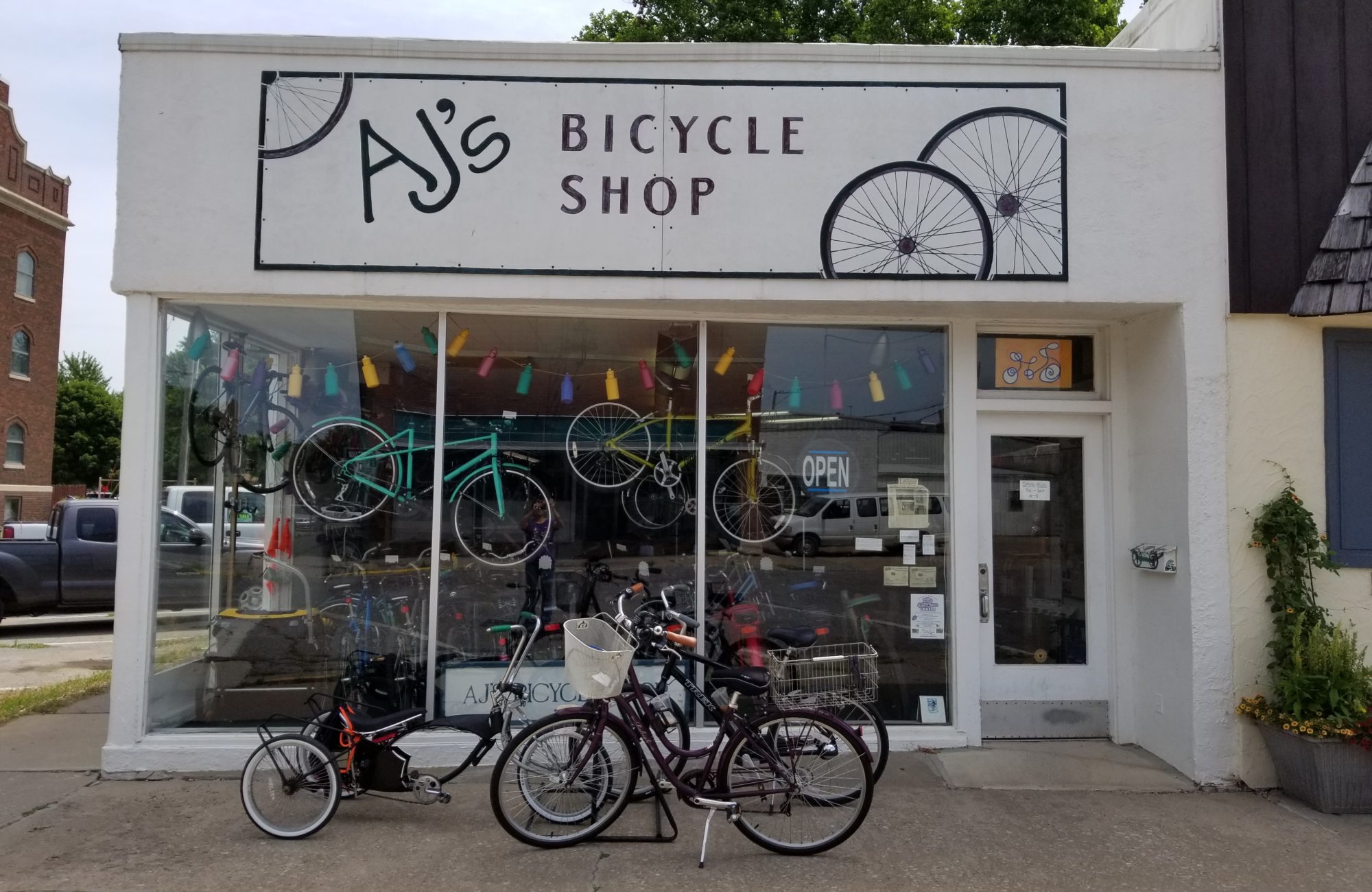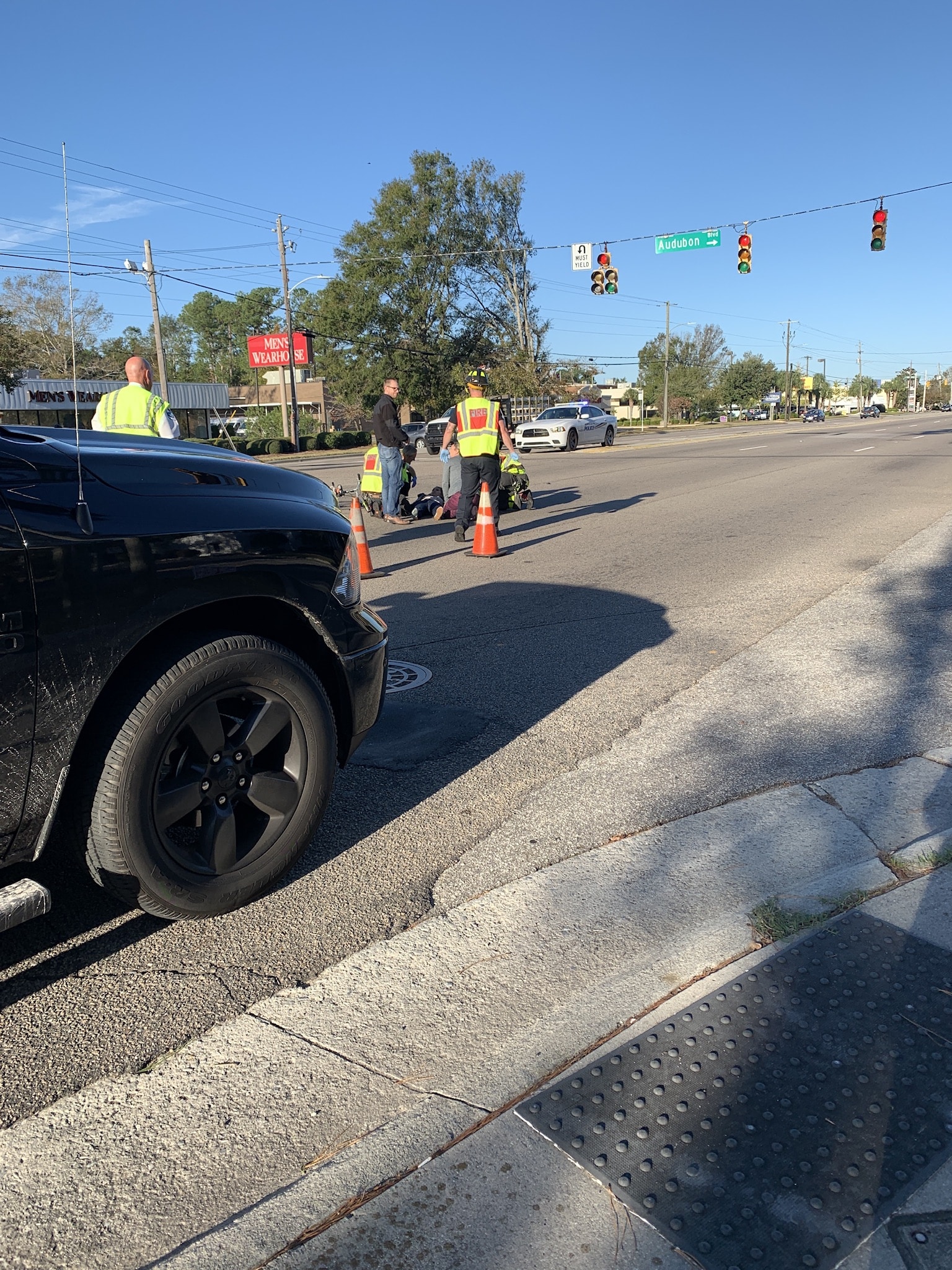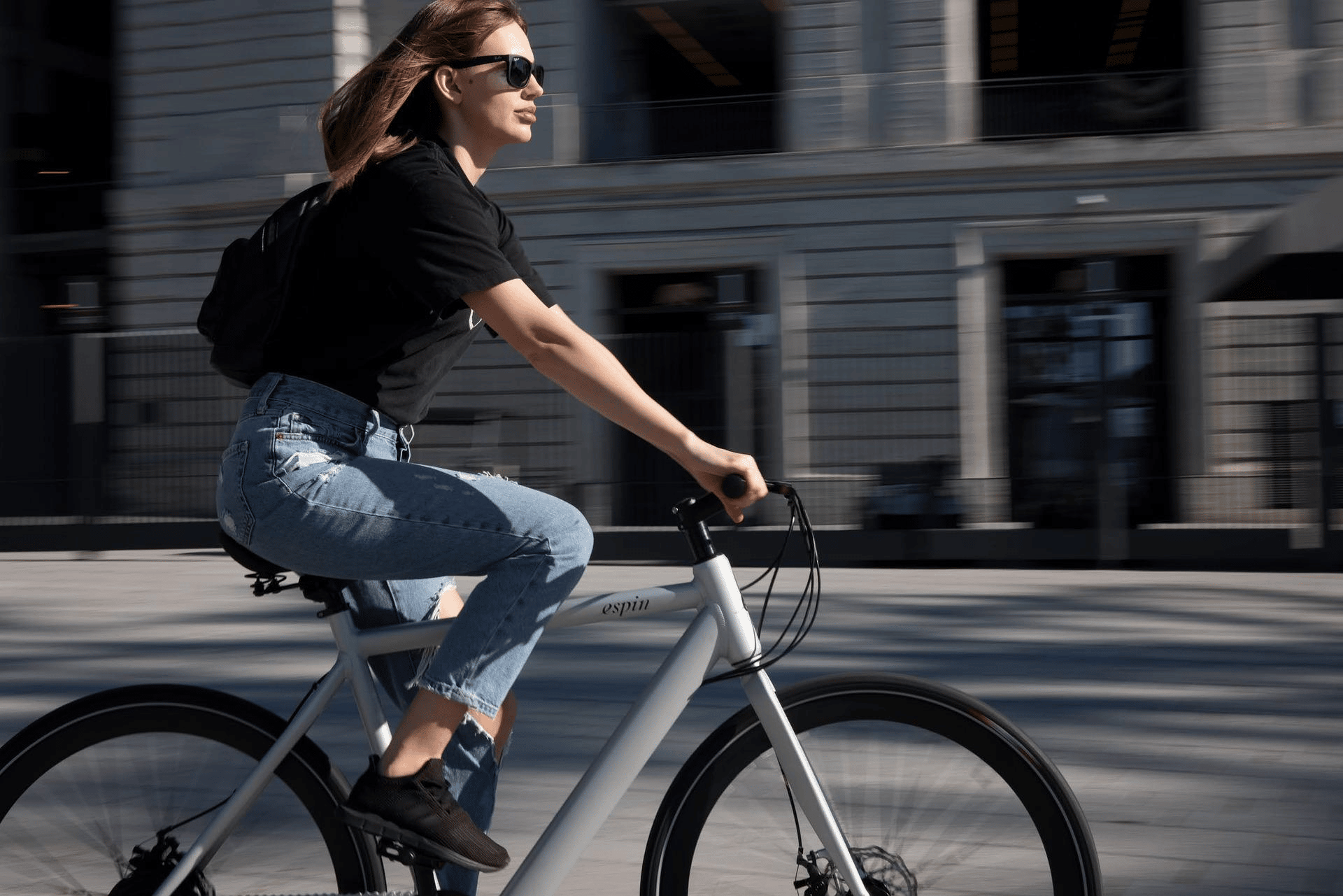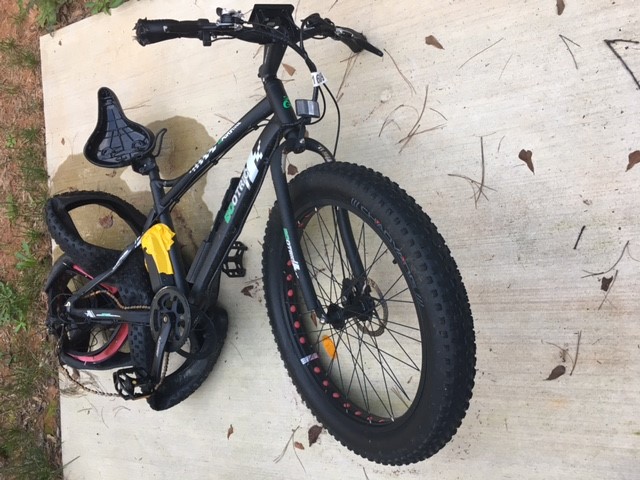Treated poorly in a bike shop? Find another one, and take a few steps to be a good customer.
Bicycling Magazine recently published an article titled, “Hey, Bike Shops; Stop Treating Customers Like Garbage.” The story follows a heavy-set 59 year old’s sad tale of how he was treated poorly from a number of local bike shops.
First and foremost, I would be clear that bikes are for almost everyone. If you are big, small, short, tall, handicapped, old, young, there is a bike for you. I am about to buy a trike for an older friend who has lost his confidence in his balance. If your legs don’t work so well, All Ability Cycles, LLC here in Iowa will build you a beautiful hand bike.
Bike Snobbery is not limited to Bike Shops. It is also a bike culture thing.
After years of road riding and mountain biking I moved to Chicago and started to learn about urban bicycling, which is its own animal. I remember a time when I was standing in line at a local diner and I overheard a group of people in a booth talking about me. I was standing there in my skateboard helmet wearing full rain gear dripping wet with a bag slung over my shoulder. I remember one of them talking about me, “…trying to be something I’m not.” They were bicyclists. I was being judged. Their snobbery had depth.
Bike Shop Bike Snobbery is sometimes just misunderstood.
Many years ago I found an old Schwinn and decided to rehab it as a commuter. It had a one-piece crank, and I stripped out the locknut (which is reverse threaded) in a novice attempt to remove it. I went into Rapid Transit Cycleshop in Bucktown. At its peak, Rapid Transit Cycleshop was the pinnacle of bike culture bike shops in Chicago.
I consulted with Adrian Redd, who turned and whispered to one of his co-workers, obviously about me and my bike. I took this as bike snobbery, which didn’t dissuade me, but I noticed it.
Years later I became good friends with Adrian and I realized that what I had initially perceived as snobbery was actually frustration. Adrian understood a great many things about me and my bicycle. He knew I was a newbie. He knew that I had stripped the lockring because it is a common thing for a newbie to do. He knew his shop probably wouldn’t have my part in stock. Most importantly, he knew my bike was too small for me. He basically knew my whole mission to find the part was a waste of time because at the end of the day, the bike wasn’t suited for my needs. What I perceived as snobbery was actually anticipated frustration. Adrian simply didn’t know how to deal with the many layers of problems I unknowingly presented. He saw me as an uneducated customer who was going to leave the store unhappy about something because everything was wrong. In the end, he sent me to a local co-op that had a mountain of Schwinn Varsity bicycles (Mount Varsity at Working Bikes). I secured the lockring and went on to build a bike too small for me which I would never really ride.
Choose a bike shop that caters to your needs.
Bike shops in densely populated areas tend to cater to certain types of bicyclists. You should understand this when you choose a bike shop. It is best to choose a bike shop that suits your needs.
I worked at a bike shop called Boulevard Bikes in Chicago. Boulevard catered to commuters. Every new bike is totally dismantled and rebuilt to meet the demanding needs of commuting, which is very hard on a bike. Every bolt needs to be coated with anti-sieze, grease, or Loctite depending on the application. Boulevard considers steel frames to be the preferred material for hard core commuters. Roadies or triathletes could find better shops to frequent in Chicago.
Develop a relationship with a local bike shop that serves your needs to avoid bike snobbery.
I have a home in Iowa and spend a lot of time there now. I’ll tell you that bike snobbery isn’t really a thing in Iowa. First of all, Iowans are not snobs by nature. It seems it is simply antithetical to a native Iowan to be a snob. Second, no bike shop here would survive if it were a bike snob shop. The bike culture here is too diffuse, and almost everyone drives a car. When I give legal cycling presentations in Iowa I talk about how I find it emasculating to ride on bike paths next to the road, and it falls on deaf ears. People regularly tell me they don’t like to ride in the street.
Iowa is small town, even in the city. There is no anonymity of action in Iowa. If you are a mean person people will hear about it, and your reputation will follow you. I suspect that’s part of the reason you tend to get good service in Iowa.
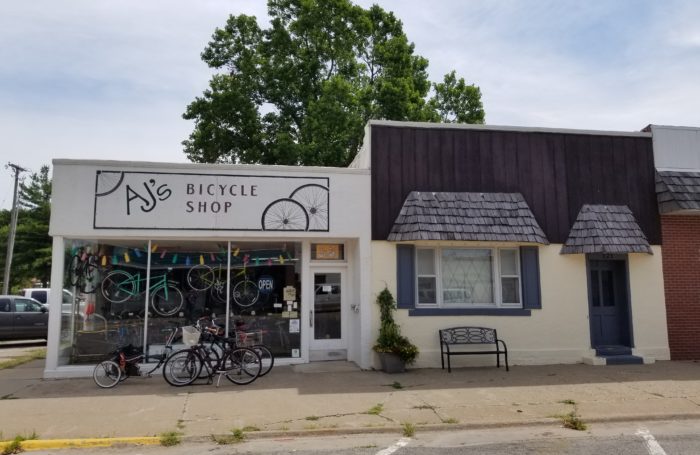
The local bike shop here in Fairfield is AJ’s bicycle shop. When I first started going to Fairfield, before I lived here, I went into AJ’s shop. I introduced myself. AJ was less than enthusiastic about the introduction, but he was polite. Fast forward to three years later, and do you know what? AJ loves me. I bring him business. I always want work done right, not cheap. I pay him to do things I could do by myself because it saves me time and throws him business. If I need a thing done pronto he bends over to help me out. That’s all because we have a relationship that I have fostered. It didn’t come easy, but it has developed over time.
Be a good customer.
Bike shops tend to like good customers, so I suggest that the best way to develop a relationship with a bike shop is to be a good customer. Don’t go in with the attitude that you know everything. I have years of working as a bicycle mechanic in my past and I often get good or novel advice from my bike shop. Don’t expect that a local bike shop will be able to beat internet prices. It costs a little money to support your local businesses. Be willing to make that sacrifice. Be open minded and be willing to listen to advice.
Tipping is suggested. Bike mechanics tend to like beer. I am in the minority in this regard, but one customer I really loved used to bring me fresh vegetables. Another brought me cherry soda. Remember, no one is a bike mechanic for the good money, because bike mechanics don’t make good money.
I understand the complaint that some bike shops don’t treat their customers well. I also understand that it can be exhausting dealing with difficult customers. The best way to avoid conflict and secure good services is to develop a relationship with a local bike shop. Bring them business and try to be a good customer.



